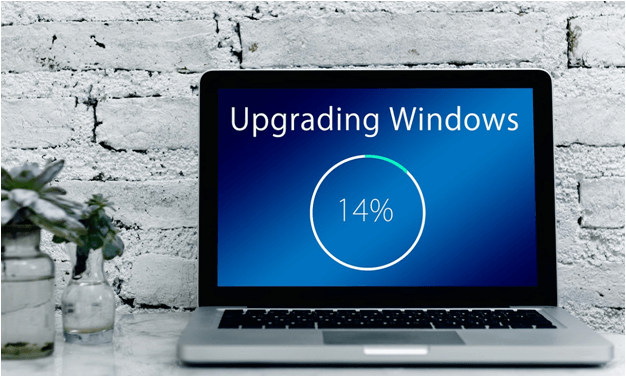Most businesses spend a good part of their resources investing in state-of-the-art security tools to protect their priced data, but what about the human part of data security. While you might depend on tools to keep your business afloat, it only takes a single error to have your data in the wrong hands. An employee might fall prey to phishing scams or even end up leaving their passwords written on a note on their desk.
If this doesn’t scare you, then the fact that phishing scams have increased by 92% over the years, according to Small Biz Trends, should raise some concern. As much as you try to protect your business through conventional tools, looking at the human angle of the threat spectrum is pivotal to data security.
Here is how human error can be a security loophole and how to circumvent it:
Poor Password Management Practices
With everyone having social media, work, and email accounts, it can be quite easy to use the same password across all accounts to avoid forgetting login details. On the flip side, some employees might often write down hard-to-remember passwords or share them with colleagues. Sadly, this increases the chances that anyone can access their account.
While the best network monitoring software might help to identify any anomaly in access by a hacker posing to be an employee, you can’t rely on this every time. The trick is to have employees trained on the best password management practices to avoid these issues in the first place.
Shadow IT
In the eyes of the typical employee, the faster they can get done with a task, the better. As such, most employees will often look for other ways, other than those provided by the company, to do their job. This can be through setting up accounts with unaudited cloud vendors or even downloading risky software for the tasks at hand.
Not only does this reduce the level of visibility your IT team has on company assets, but it increases the chances of malware finding its way into your organization. Fortunately, shadow IT doesn’t necessarily have to be a bad thing since most of these innovative moves by employees can turn out to be beneficial to the organization. Instead of fighting it completely, IT leaders should work in collaboration with employees to identify ways they can improve their productivity.
Poor Data Access Management
Data access ought to be on a need-to-know basis. If a piece of information doesn’t fit the job description of an employee, they shouldn’t have access to the data. Sadly, some organization, especially small businesses, might not have the necessary infrastructure to control data access.
While an employee might accidentally send sensitive data or delete it, access to such data might present a way for disgruntled employees to take down your organization. As such, you should embrace role-based access to prevent data breaches. Additionally, you should delete the accounts of fired or retired employees to reduce the chances of hackers or previous employees gaining access to them.
Disregarding Software Updates
Even in the world of DevOps, no single software is perfect. With time, security vulnerabilities can be identified, and most companies tend to send patches out to their customers. However, it can be quite tiring to have to update all types of software and devices within the company networks.
The most natural thing for employees to do is to ignore these updates and concentrate on their work. Instead of living in a world where your business is exposed to security threats, you should schedule such updates and have a team of employees in charge of them.
Conclusion
The human aspect is the most important part of data security. As long as employees support your goals, the rest will be easy. Consider the tips above to eliminate these common errors.












